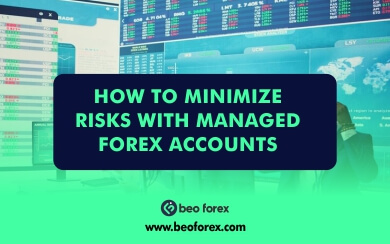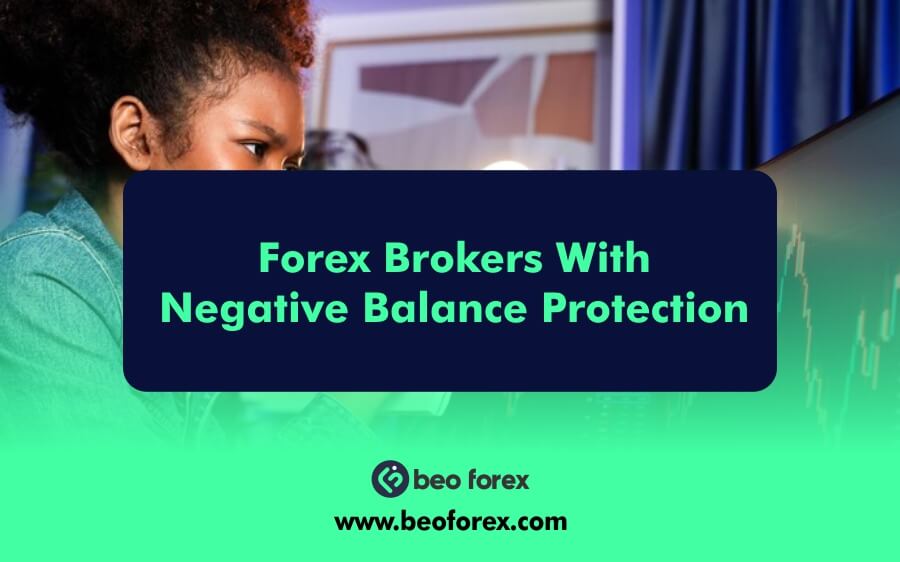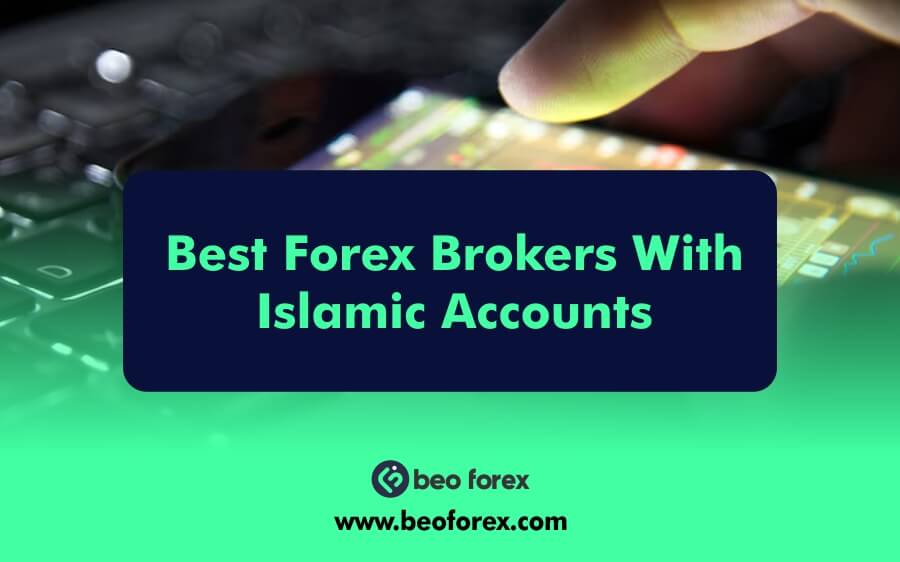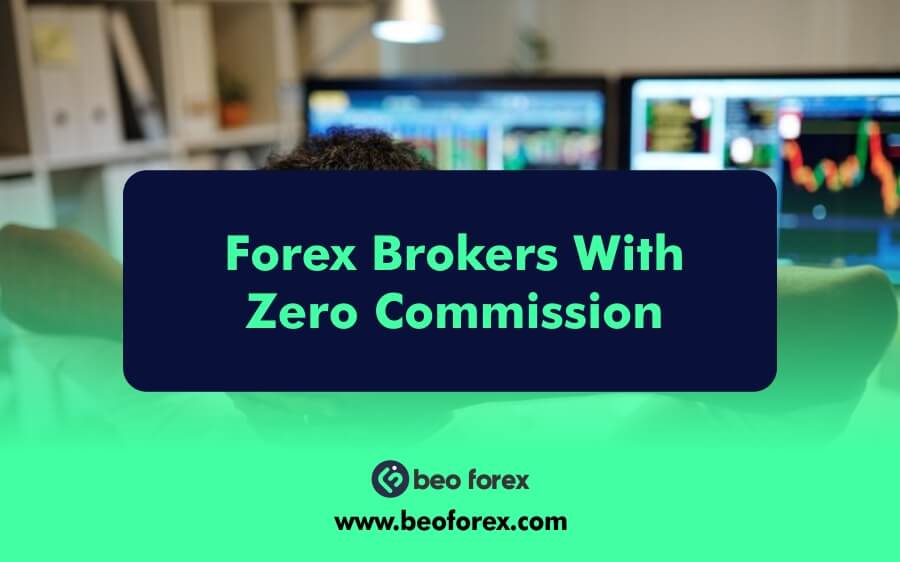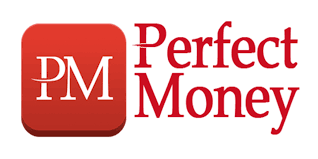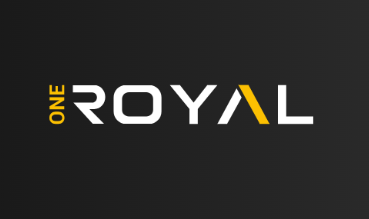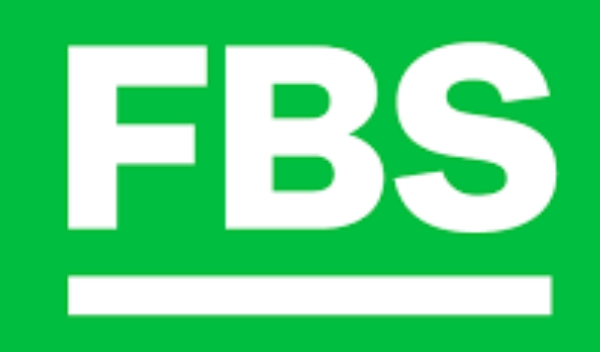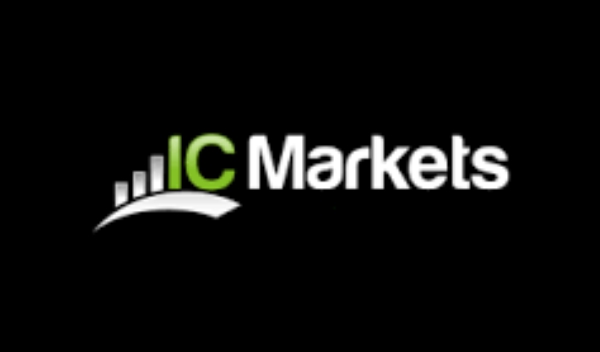How to Minimize Risks with Managed Forex Accounts is a necessary consideration one makes in trying to negotiate the maze of the foreign exchange market. In a skating rink environment of volatility and speedy changes in prices, the potential for profit can often blindside the risk inherent in such a venture. Indeed, managed Forex accounts are a means of tapping into the capabilities of expert traders; still, they come with their set of problems. It is secondarily necessary to learn how to minimize the risks associated with it. Minimizing the risks protects your investments and helps in making decisions toward financial goals. You can increase your chances of success with a managed account by using a strategic approach and maintaining clear communication with your account manager. This article covers key ways to mitigate risk and make informed decisions in your forex trading journey.
Understanding Managed Forex Accounts
A managed Forex account is an investment account wherein a professional fund manager uses his expertise in trading the Forex market on behalf of the client, making key trading decisions in managing the investment of the account. In this, an investor sets up a managed Forex account in his name and lets the money manager take over the trading powers. The manager henceforth is authorized to perform trades on behalf of the investor per his judgment and expertise that hopefully brings in returns to the investor. The client usually gives some guidelines and constraints such as risk tolerance levels that will help the manager to devise the trading strategy.
In this regard, it is important for the investor to check on the past performance of the manager before giving him the funds. This is done by checking on the list of his trading history, success rate, risk management strategy, and return on investment. This helps to assess the capability and suitability of the manager for the investor’s goals. The managed accounts in Forex can be of many kinds: PAMM, MAM, RAMM, and LAMM. All of them differ in a way of processing the funds that belong to their clients, distributing the profit or losses.
Key Strategies to Minimize Risks
Choose a Reputable and Regulated Account Manager
Selecting a reputed and regulated account manager is the cornerstone of minimizing the risk of managed forex accounts. Regulatory bodies impose strict guidelines on operators that shield investors from fraud and ensure that operators adhere to set standards. Choosing a manager requires confidence in the investment he has made, by selecting one reputed and compliant with regulatory requirements. Care would then include deeper research into licenses, credentials, and past disciplinary history to ensure the reliability and commitment of the manager to ethical trading practices.
Understand the Manager’s Trading Strategy
Every account manager has a unique trading strategy which controls the risk level. Knowing this is paramount to understanding if their approach will meet your goals for investing. Their trading philosophy can be everything from a pure short-term trader to long-term-focused managers. Discussing his trade methodology, market view, and trade management will help you assess if his style matches your risk tolerance. A clear strategy sets realistic expectations for potential returns and associated risks.
Diversify Across Multiple Managed Accounts
Diversification is one of the key risk management principles, no exception in the case of managed forex accounts. By dividing your investment among multiple managers or strategies, you can spread risk and minimize reliance on the poor performance of a single account. For example, investing in various currency pairs or trading types can reduce exposure to market fluctuations. This strategy could reduce risk and, at the same time, allow for potentially more predictable returns over the long term.
Monitoring Performance on a Regular Basis and Establishing Limits
When dealing with managed forex accounts, it’s paramount that you monitor performance regularly. Set performance benchmarks and regularly review the account against them. Limits like drawdown thresholds and profit targets help manage expectations and guide investment decisions. By discussing updated performances with an account manager, you understand his or her decisions behind trading. This would lead to a change or adjustment of strategy based on needs.
Understand the Fee Structure and Its Impact on Returns
This structure of fees accompanying your managed forex account is one important factor and has a strong bearing on your return. Most account managers charge a management fee and, at times, a performance fee based on the profit made by them. Understanding how such fees work is crucial to calculating your net returns from an investment and making informed decisions. You can choose an account manager whose fees, when weighed against performance, do not bleed your account, yet you do get quality service in return.
Limit Leverage Usage
Leverage increases potential profits but does so at an equal or greater proportion of risk. It is important that your managed forex account is set up within sensible leverage limits to protect your capital. High leverage may create great losses during market volatility, which might be at the cost of your investment. Discuss leverage strategies with your account manager and agree upon limits that suit your risk tolerance. Keep the leverage usage at a reasonable level to keep trading environments more stable, reducing the possibility of heavy losses.
Review Historical Performance and Drawdown Data
It is necessary to study a manager’s historical performance, including the drawdown data, to judge the experience of their risk management capability. A drawdown indicates losses during a period and forms a very important indicator of the resilience of the manager and his recovery strategies. You will be able to understand how the manager has coped with unfavorable market conditions in the past.
This will lead you to deduce whether their historical performance meets your risk tolerance and investment expectation.
Ensure Transparency in Reporting and Communication
In any relationship, communication plays a key role. You need clear and transparent communication with your account manager. Periodic performance reports and updates should be provided to keep you informed about your investment. Transparency builds trust and ensures that trading strategies align with market conditions. A manager should be available to discuss your queries and apprehensions. In fact, this will help bring down anxiety levels and adjust the investment strategy if needed.
Start with a Trial Period or Small Allocation
If one is not convinced of investing a large portion of one’s capital, then he may consider having a trial period or reducing the size of the allocation. He will be able to judge his performance, the way he manages his risk without facing heavy losses. This will also enable gradual increase in investment after the assessment period as one gets confident about the skills of the manager and understands more about the way he operates during all kinds of market conditions.
Frequently Asked Questions (FAQs)
What is a managed Forex account?
- Forex account managers are professionals or firms that manage trading accounts for clients in the foreign exchange market. Their primary role is to make investment decisions, execute trades, and develop strategies based on the client’s financial goals and risk tolerance. With strong market knowledge, technical analysis, and trading skills, they navigate the complexities of currency trading. Clients hire account managers to leverage their expertise, save time, and enhance trading performance.
Can I withdraw my money anytime from a managed Forex account?
- Yes, you can typically withdraw money from a managed Forex account at any time, but it’s important to review the specific terms set by the broker or fund manager, as there might be conditions or fees associated with early withdrawals. Most fund managers implement policies that restrict the withdrawal of funds from a managed account before a specified period.

